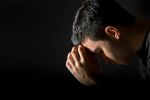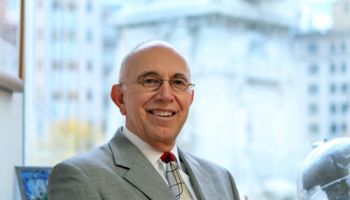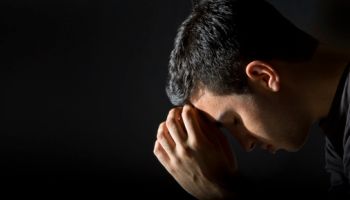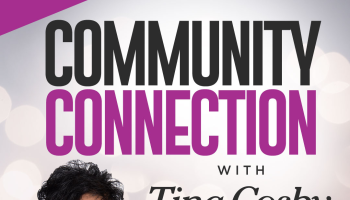The increasing number of violent confrontations between police and African-Americans, most of whom are unarmed, have seeped into the consciousness of Americans. Fueled by videos taken by civilians and a growing number of videos taken by police wearing body cams and police car dashboard cameras. But in Indiana, the rules and laws governing prosecutors and courts have made it hard for the public to see those videos. A Sunday April 12th fatal police action shooting in Indianapolis has raised tensions and questions because the public is forbidden to see videos of a confrontation between two IMPD officers and Mack Long who was killed in a police action shooting at 31st and Sherman Drive. A civilian allegedly shot video of part of the confrontation. And one of the responding IMPD officers was wearing a body cam. In an Afternoons with Amos interview April 14th, IMPD Chief Rick Hite acknowledged the videos existed but said that they couldn’t yet be shared with the public. That answer didn’t satisfy Long’s family and many others in the community who want answers about the confrontation and Long’s death.
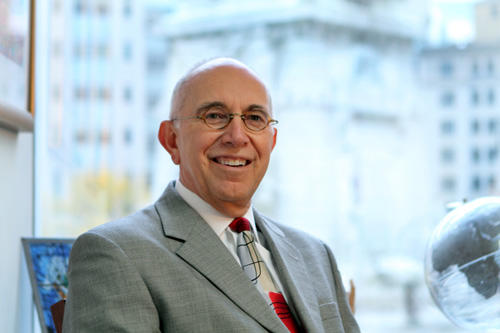
Prosecutor Terry Curry
In an exclusive Afternoons with Amos interview Friday, Marion County prosecutor Terry Curry tried to explain why. Prosecutor Curry said that because of the case is going to a Grand Jury, the video evidence can’t yet be shown to the public because Grand Jury proceedings, by state law, are secret. Curry also said that Indiana’s rules for attorneys and prosecutors, which is governed by the Indiana Supreme Court also prohibits showing the videos before they’re used in court. In the interview Prosecutor Curry explained what a Grand Jury in Indiana is and how it operates. Curry was asked about the growing showing of videos, many taken by police, about confrontations between civilians and police. People are going to wonder, Host Amos Brown asked, that if other places show their videos to the public before a trial why can’t Indiana? Prosecutor Curry explained that for that to happen the law would have to be changed by the Legislature and procedures changed by the Indiana Supreme Court. Curry was also asked about the cooperation by police. Brown cited local bloggers who have complains that police have withheld public police reports in a two cases of alleged police wrongdoing. Prosecutor Curry said that police had been cooperative in those cases. The issue of Indiana not being able to show video evidence before trial of alleged confrontations between police and civilians while other states are allowing it and the questions some in the community are asking about the Mack Long case, are raising fears of a growing chasm in credibility between the community and the justice system. Hear For Yourself the Afternoons with Amos Interview With Prosecutor Terry Curry on Showing Public Video Evidence in Indiana. Runs 50 Minutes ©2015 WTLC/Radio One. Audio Begins After Brief Video Ad

